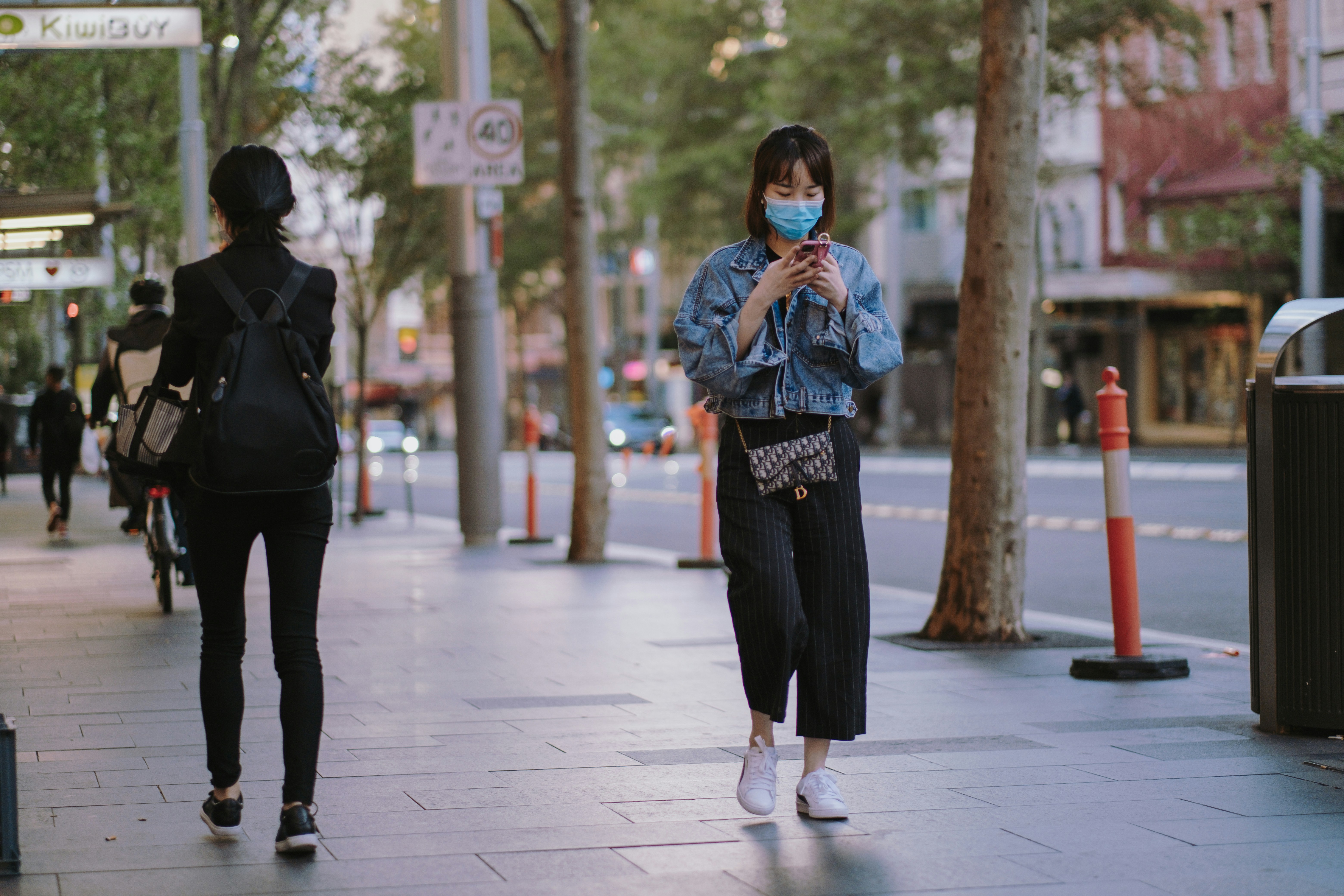News release
From:
Face mask mandates alter major determinants of adherence to protective health behaviours in Australia
Royal Society Open Science
Face masks help stop the spread of diseases like COVID-19, and understanding why people wear them can improve health advice for future pandemics. Government mandates affect mask-wearing, yet we don’t fully understand how these mandates impact people’s motivations. We studied this in Australia during the pandemic, using survey data and four machine learning models to predict mask usage before and after mandates were enforced; tree-based models worked best. We found key factors included age, week of survey, number of contacts, wellbeing, and illness threat. Before mandates, trust in government and job status mattered; after mandates, willingness to isolate was key



 Australia; NSW; QLD
Australia; NSW; QLD



